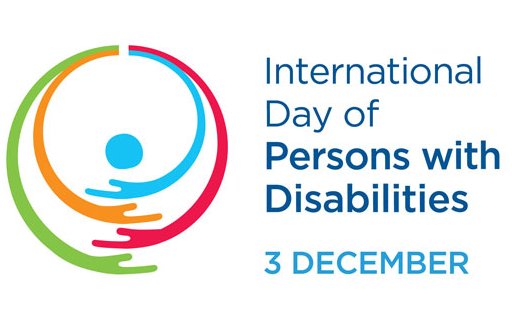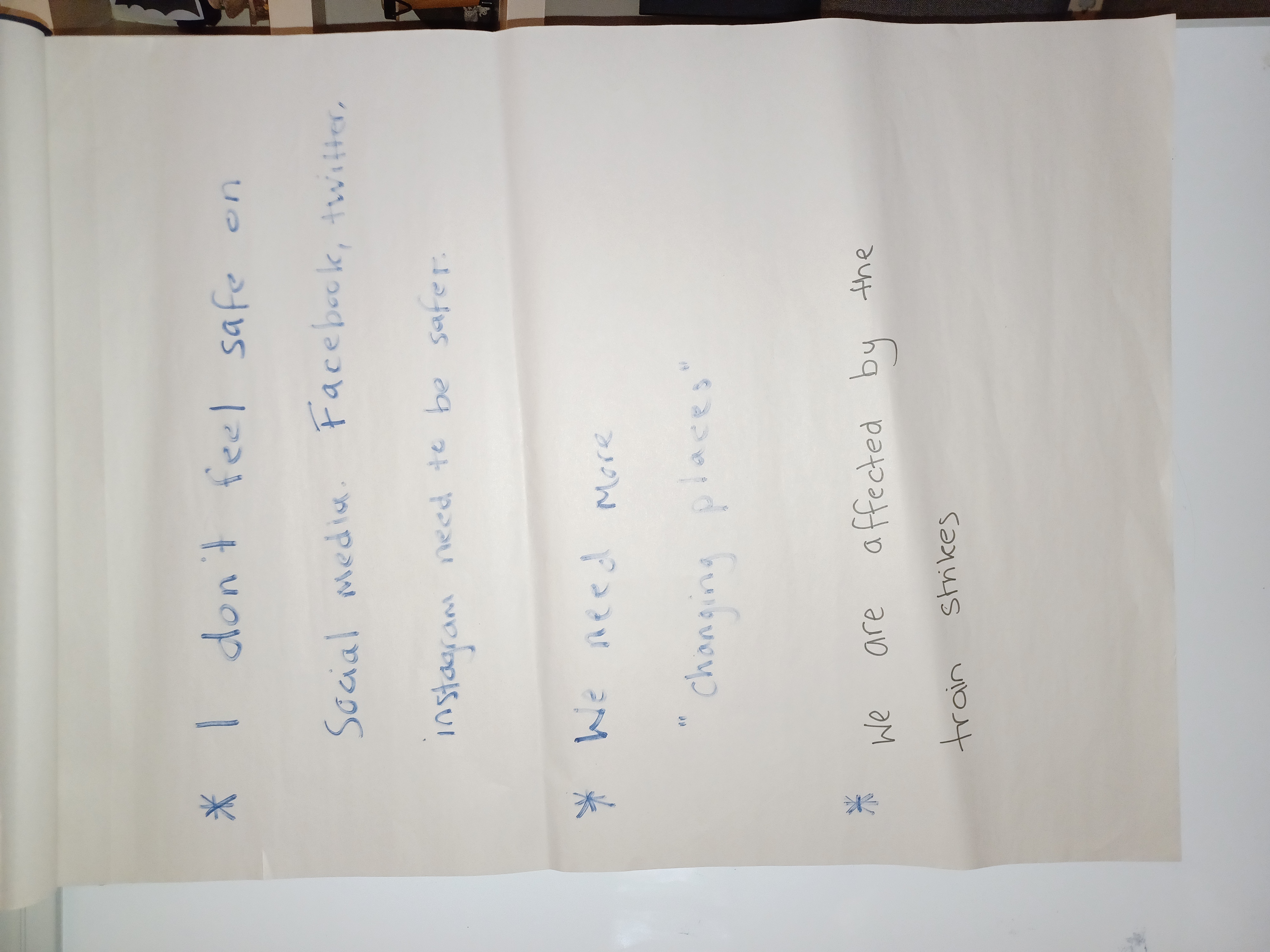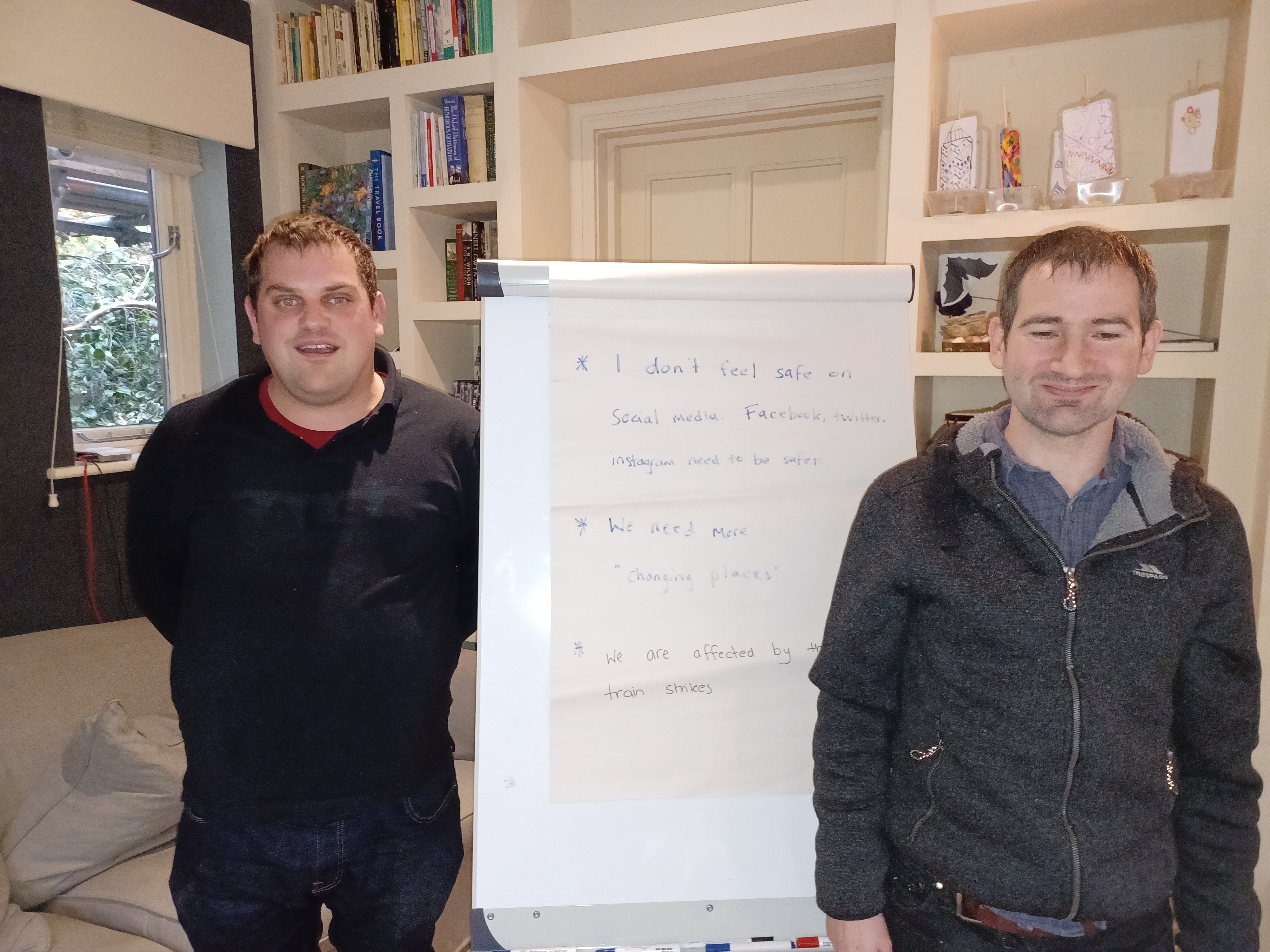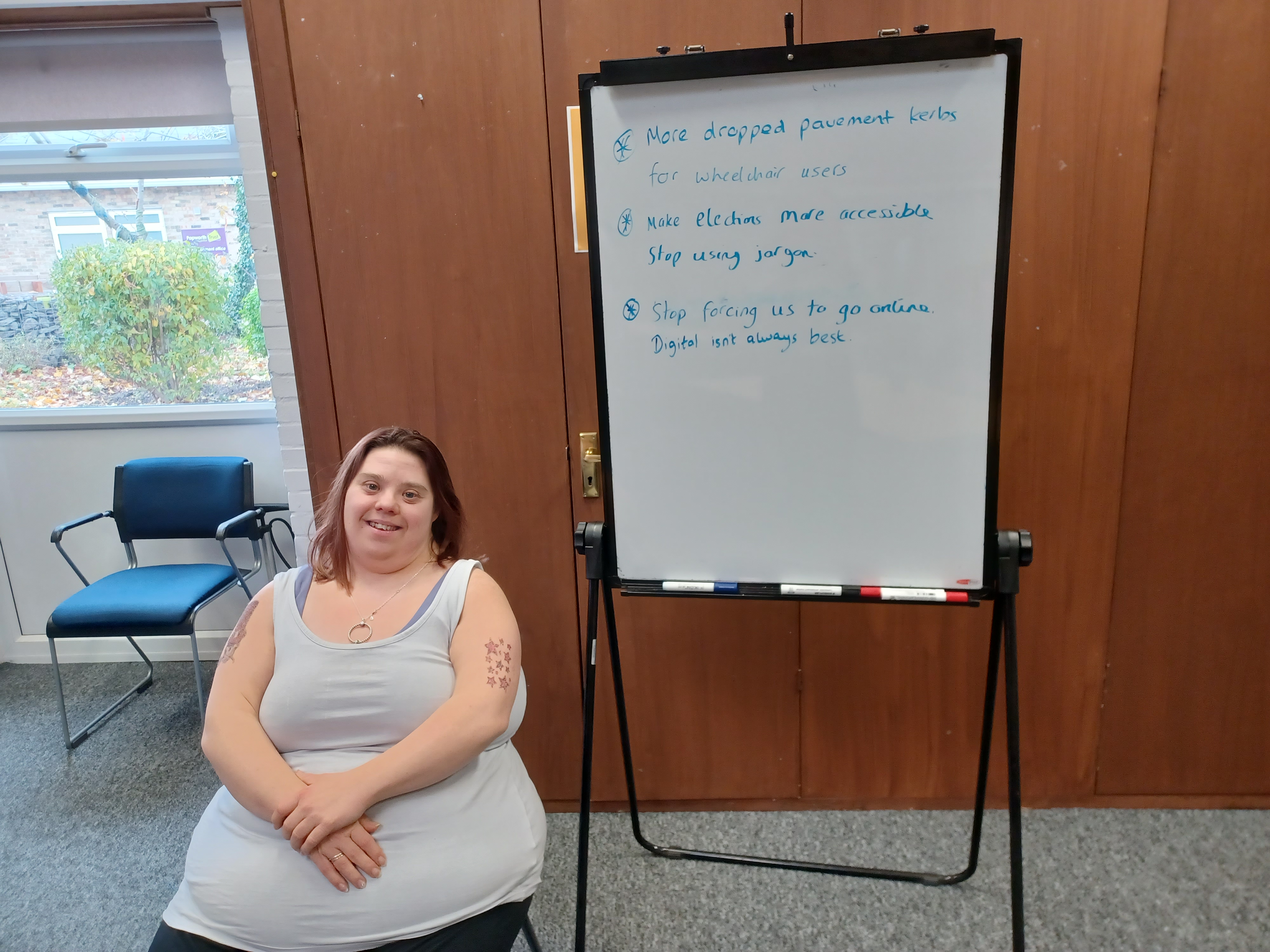This isn’t just an issue for our customers. In 2019, the Office for National Statistics found that “the proportion of recent internet users was lower for disabled adults (78%) compared with non-disabled adults (95%). The difference between internet use in disabled and non-disabled adults was greater in the older age groups. For adults aged 75 years and over, 41% of disabled adults and 54% of non-disabled adults were recent internet users.”
For our customers this isn’t simply an education piece, there are real barriers preventing them from engaging in a digital world.
The digital divide can be for a number of reasons. Let’s start with accessibility – whether it be social media or websites, the online world can create huge accessibility barriers for disabled people. When was the last time you looked at a website and thought about the colour contrasts, read aloud functions, whether image alt tags were in place, or the wording is jargon-free? For disabled people, each of these factors play an important role in whether they can access what webpages or social media posts are trying to tell them.
Next, let’s look at the cost to get online. According to disability charity
Scope, after housing costs, the proportion of working age disabled people living in poverty is 27% compared to 19% of non-disabled people. For those people experiencing poverty, it may mean their only way of getting online is to use the facilities at their local library or other public spaces. However, even this is not without flaws if your local place has now moved to the next town, is a bus ride away or has restricted opening hours.
We then need to consider the fear of what might happen. Online disability hate crime is real and rising. Stark research from
Leonard Cheshire found that in 2021/22, reports of online crimes against disabled people were three times higher compared to 2017/18. Many disabled people don’t want to go online because they fear what might happen.
Finally, we looked at data security. We need to support disabled people to follow the same security principles as expected of others. People should not be put in the position where they feel they have to disclose a password or a pin code or any other sensitive information, because the technology is limited or not easy to use.
At Papworth Trust, we recognise this is challenging debate. As an organisation we are excited by our digital roadmap, recognising the long-term benefits technology can bring to our services and our customers. We support them to access equipment and learn new digital skills, however in the short term we recognise there are challenges to overcome. We are equipping staff with digital tools to better serve our customers, whilst understanding that digital interaction may be challenging for some and therefore should not be a barrier to the service we provide them.
On International Day of Disability, we are not asking to reverse this new digital age, we know it has an important to role to play in the world we live in. However, we must not leave behind those who have not yet started their digital journey or who are at different stages of the journey for different reasons. Ensuring we are mindful to have alternative means that are readily accessible, will mean disabled people can continue to play active roles within their communities.
- Nicola Whiteman, Policy and Communications Manager











